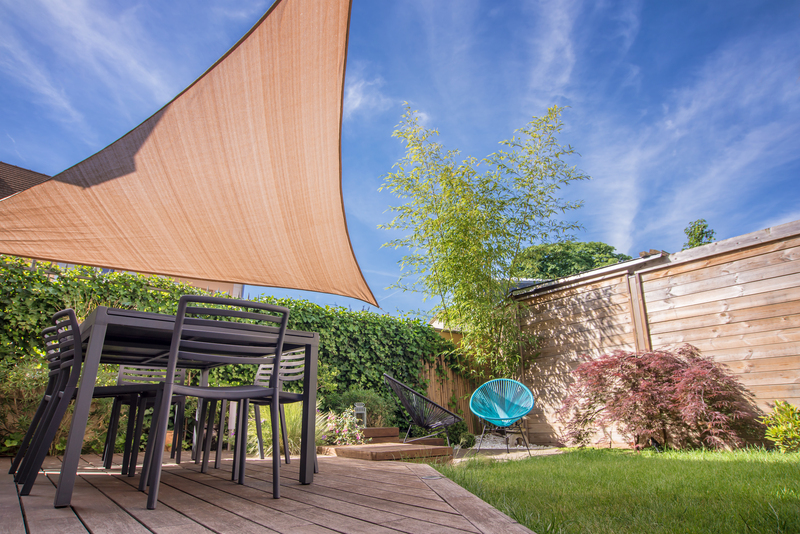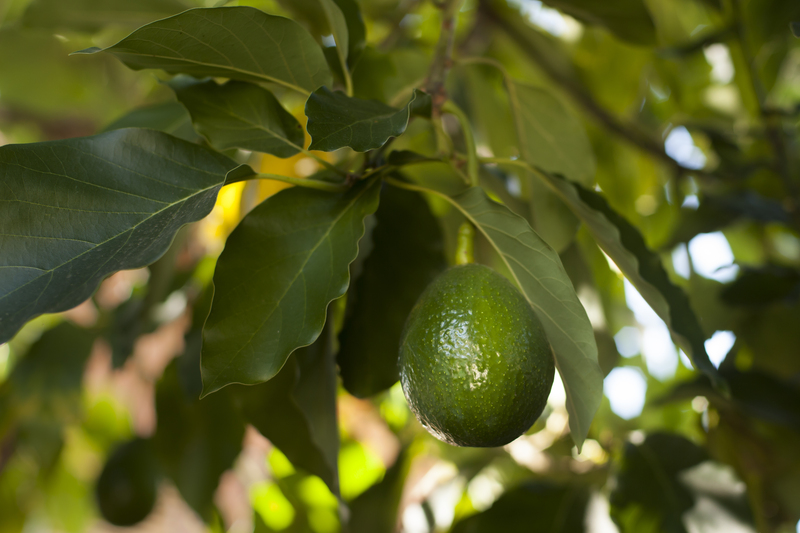From Seed to Harvest: A Step-by-Step Guide to Growing Healthy Plants in a Hydroponic Garden
Posted on 18/09/2024

In today's world, where space is limited and the demand for fresh produce is increasing, many people are turning to hydroponic gardening as a solution. This method of growing plants without soil has gained popularity due to its efficiency, ease of use and ability to produce high-quality crops. If you're considering starting your own hydroponic garden, this step-by-step guide will take you through the process from seed to harvest.
Step 1: Choose the Right System
The first step in growing healthy plants in a hydroponic garden is selecting the right system for your needs. There are various types of hydroponic systems available such as deep water culture, ebb and flow, drip system, and more. Each has its own unique benefits and requirements, so it's important to do some research and choose the one that best suits your space, budget, and goals.
Step 2: Gather All Necessary Supplies
Once you have chosen your system, it's time to gather all the necessary supplies. This includes containers or trays, nutrient solution, growing medium, lighting (if growing indoors), pH testing kit, seeds or seedlings, and other tools like scissors or pruners. It's important to invest in quality supplies as they will contribute to the success of your hydroponic garden.
Step 3: Prepare Your Growing Medium
Unlike traditional gardening where plants grow in soil, in a hydroponic system plants are grown in a soilless medium. This can be perlite, coconut coir, peat moss, rockwool cubes or any other inert material that provides support for the roots and allows for proper drainage. Before adding your plants into their designated spots in the medium, ensure it has been properly flushed with water to remove any excess minerals or nutrients.
Step 4: Add Plants and Provide Proper Nutrients
Now that your system is set up and ready to go, it's time to add your plants. Gently place the seeds or seedlings into the growing medium and secure them in place. Next, it's crucial to provide your plants with the right balance of nutrients through the nutrient solution. This solution is made up of essential elements like nitrogen, phosphorus, and potassium that plants need to thrive. Regularly test the pH level of your solution to ensure it's within the ideal range for your plants.
Step 5: Maintain Proper Lighting and Temperature
Lighting plays a critical role in plant growth, so it's important to provide your hydroponic garden with adequate lighting. If you're growing indoors, consider using LED lights or fluorescent bulbs designed specifically for indoor gardening. The temperature of your garden should also be closely monitored and maintained at around 70-75?F during the day and 65-68?F at night for most plants.
Step 6: Monitor and Control Pests
One of the advantages of hydroponic gardening is that it reduces the risk of pests and diseases that are common in traditional soil-based gardening. However, this doesn't mean you can neglect pest control altogether. Regularly check your plants for signs of pests and take preventive measures such as using natural sprays or introducing beneficial insects like ladybugs.
Pros:
1. Space-saving: Hydroponic gardening is ideal for those with limited space as it can be done indoors or outdoors in small spaces.
2. Less water usage: Hydroponic systems use significantly less water compared to traditional gardening methods.
3. No weeds: Since there is no soil used, there is no need to worry about weeds taking over your garden.
4. Faster growth: Plants in a hydroponic system grow faster due to their constant access to nutrients.
5. Healthy produce: Growing plants without soil eliminates any potential contaminants, resulting in healthier produce.
Cons:
1. Initial investment: Setting up a hydroponic garden can be expensive, as you need to purchase all the necessary supplies and equipment.
2. Requires maintenance: Like any other garden, hydroponic gardens require regular maintenance such as checking pH levels, controlling pests, and replacing nutrient solutions.
3. Knowledge and skills: Successful hydroponic gardening requires some knowledge and skills, so it may not be ideal for beginners.
4. Power outages: In case of a power outage, the hydroponic system may not function properly which can cause damage to plants.
5. Limited plant selection: Some plants may not thrive in a hydroponic system due to their specific growing requirements.
Tips:
- Start small and gradually expand your hydroponic garden once you gain more experience.
- Keep a log of your plant's growth and make adjustments accordingly.
- Use organic, water-soluble nutrients for best results.
- Maintain proper spacing between plants to allow for adequate air circulation.
- Regularly clean and maintain your system to prevent algae or bacteria buildup.
Takeaways:
Hydroponic gardening offers many benefits such as efficient use of space, reduced water consumption, and faster plant growth. However, it also requires proper knowledge, skills, and maintenance to achieve successful results. By following this step-by-step guide, you can start your own hydroponic garden and enjoy fresh, healthy produce year-round.
Conclusion:
From seed to harvest, growing healthy plants in a hydroponic garden is a rewarding experience. With the right system, supplies, and techniques in place, you can enjoy growing a variety of plants without soil. Remember to regularly monitor pH levels and provide proper lighting and nutrients for optimal growth. With time and practice, you'll become an expert at hydroponic gardening and reap the benefits of this innovative method of growing plants.






